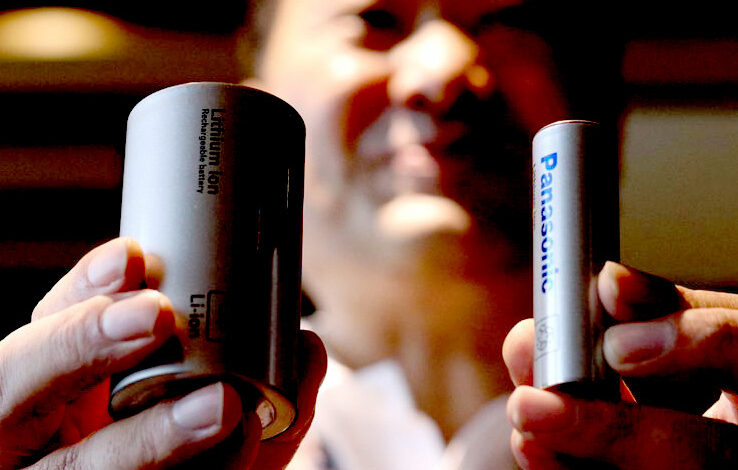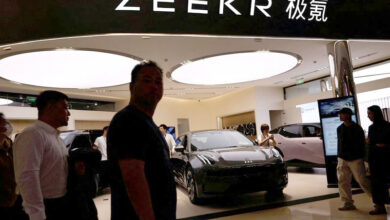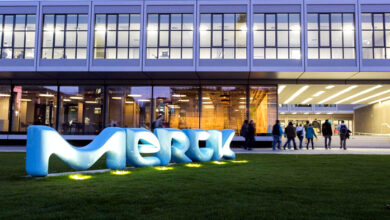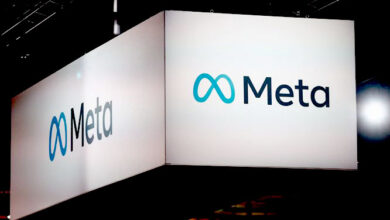Tesla Enlists Asian Partners to Address Concerns with 4680 Battery

Elon Musk is currently under pressure to find a solution for developing more efficient and affordable batteries at Tesla (NASDAQ:TSLA) Inc.
Sources suggest that the company is enlisting the help of Chinese and Korean materials suppliers to enhance the energy capacity and reduce the cost of their latest battery cells. However, Tesla is still grappling with battery-related performance and production issues that have hindered the launch of the highly anticipated Cybertruck.
To tackle this challenge, Tesla has partnered with Chinese firms Ningbo Ronbay New Energy and Suzhou Dongshan Precision Manufacturing to lower materials costs and scale up the production of their 4680 battery cells in the US. The insiders have requested anonymity.
Tesla’s success in improving the performance and production of its 4680 battery cells is essential to its ambitious plans to manufacture 20 million vehicles per year by 2030. If the company can overcome the current challenges, the 4680 could become a cornerstone of Musk’s vision rather than a hindrance. Neither Tesla nor Musk has commented on these developments.
As part of its efforts, Tesla has also secured a deal with Korea’s L&F Co to supply high-nickel cathodes that could enhance the energy density of the 4680 cells, according to one of the sources.
Tesla (NASDAQ:TSLA) Inc is working on resolving battery-related production and performance issues as it strives to launch its futuristic Cybertruck. The electric-vehicle maker is collaborating with Chinese and Korean materials suppliers, such as Ningbo Ronbay New Energy, Suzhou Dongshan Precision Manufacturing, and L&F Co to help reduce the cost of materials and increase the energy of its newest battery cells. The details of these arrangements have not been previously reported, and neither Tesla nor CEO Elon Musk have provided comment.
The 4680 battery cells, if successful, could play a pivotal role in Musk’s ambitious goal of building 20 million vehicles annually by 2030. To secure future EV production, Tesla has signed deals with LG Energy Solution and Panasonic to supplement its own output with 4680 cells. A shortage of batteries could cause production delays, according to Musk. The company has considered smaller 2170 cells and less-expensive lithium iron phosphate cells, but ultimately chose to wait until the 4680 cells are ready for the launch of the Cybertruck, which is expected to happen later this year.
The Cybertruck battery strategy of Tesla, which includes the use of 4680 cells and other options, has not been previously disclosed. Elon Musk had stated in 2022 that he did not foresee 4680 batteries as a hindrance for the Cybertruck or any other Tesla vehicles.
The 4680 cell, named after its dimensions, is a critical component for Tesla’s future production plans, with the company planning to manufacture them at various plants for use in vehicles such as Model Y and Cybertruck. However, Tesla is still grappling with production challenges in the first wave of production, as acknowledged by Musk during Tesla’s investor day on March 1.
Underestimating the impact of Tesla on the global battery industry might be a mistake, even though the company is currently facing problems related to battery performance and production. Some analysts are optimistic that Tesla will resolve these issues, according to Morgan Stanley.
Tesla’s CEO, Elon Musk, first announced the new cell at Battery Day in September 2020, where he promised a 50% reduction in cell cost through various innovations, such as a larger cell size and a new “dry” electrode coating process. These innovations could significantly decrease the size and cost of a battery factory while improving cell performance. However, Tesla is still struggling to ramp up the first wave of production, as acknowledged by Musk at Tesla’s investor day on March 1.
The Tesla-designed 4680 cell, named for its external dimensions of 46mm diameter and 80mm length, is crucial to the company’s future production plans. Tesla plans to produce versions of the 4680 cell at its factories in California, Nevada, Texas, and Berlin for use in various vehicles, from Model Y to Cybertruck. The company has signed deals with suppliers from China, Korea, and Japan to help reduce the cost of materials and increase the energy density of the 4680 cells.
The Cybertruck’s release has been delayed due to repeated setbacks in the production of Tesla’s 4680 cell, which was expected to improve energy density and power. Panasonic is currently running a pilot production line for the 4680 cell in Japan, with plans to begin volume production in March 2024.
The new Kansas battery plant by Panasonic Energy will initially focus on 2170 cells, but will eventually shift production to North America.
Similarly, LG plans to open a new 4680 production line at its Ochang plant in Korea in the second half of 2023. Tesla’s first-generation 4680 cells failed to meet energy density targets, and while the automaker has been able to dry-coat the anode, it is still struggling to dry-coat the cathode. Production of the dry-coating process has only produced enough batteries for 50,000 vehicles annually.
Despite these setbacks, some analysts believe that Tesla’s impact on the global battery industry may still be underestimated.





